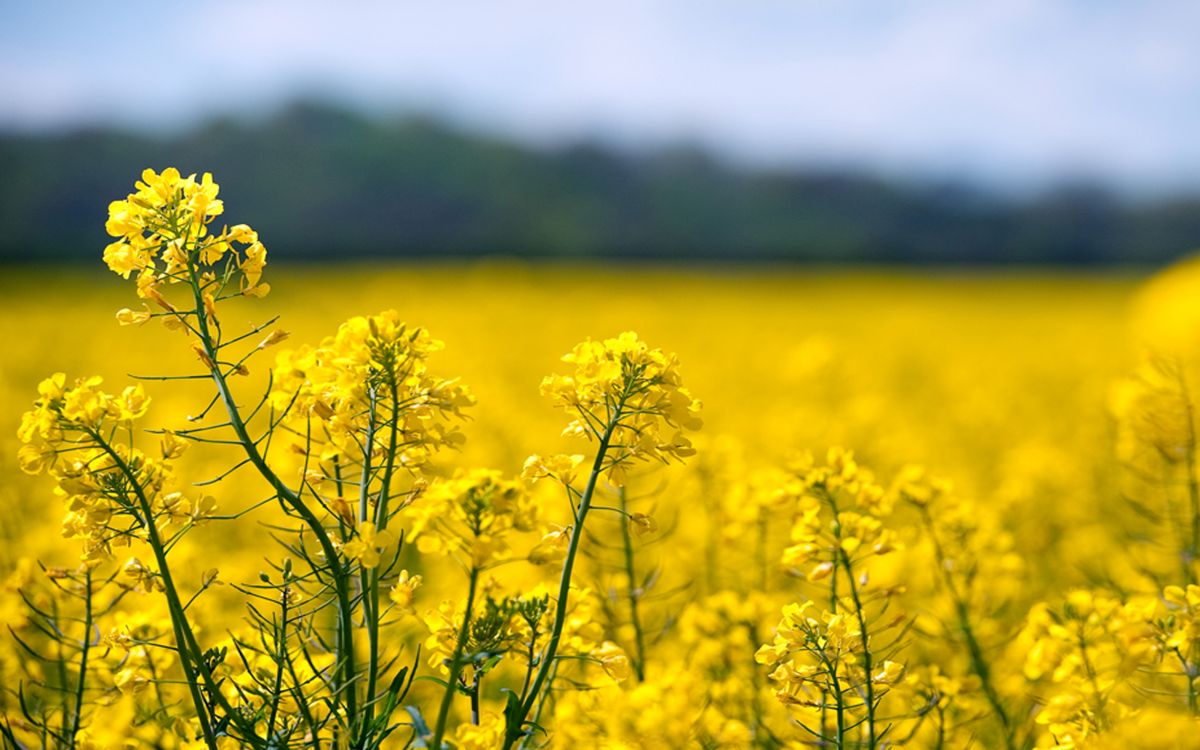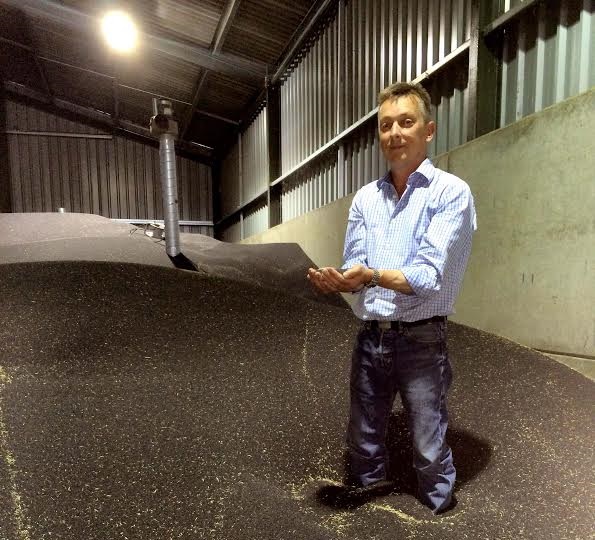
Essex grower Nigel Cutmore admits to being more than a little relieved not to mention impressed with his of Barbados oilseed rape seed crop as it yields 4.7t/ha (1.935t/ac).
This is marginally better than the 1.91t/ac recorded in 2015 with the same variety.
"We were a little later than most of my neighbours to get started and with reports of crops struggling to make 3.7t/ha (1.5t/ac), I had my concerns.

"One close neighbour, whose crop of another variety is doing at best 2.7t/ha (1.1t/ac), refused to believe me so I invited to him to join me in the combine to see for himself," says Nigel who farms at Egypts Farm, Silver End near Braintree.
This is only the third year he has grown oilseed rape and despite the experience of those around him, plans to grow the crop again for seed in 2017.
"It has not been without its problems. It suffered flea beetle attack after sowing and has received four fungicides and almost as many insecticides, but it’s been worthwhile.
"With the support of our agronomist, Jock Wilmott of Strutt & Parker, we have made the most of the season," he says.
His yield estimates are based on the figures produced by the combine harvester, but in past years it has tended to under estimate actual performance by about 10% so he remains hopeful that the final yield will come in above 2t/ac.
Just why his oilseed rape has done so well when those around him are faring less so remains a mystery, but he believes it is down to combination of a variety with a strong tillering tendencies, good disease resistance and slightly later maturity.
"According to the Recommended List Barbados is a northern variety, but this is not my opinion.
"It was later to mature which may have enabled it to take advantage of the recent sunshine and its 7 rating for light leaf spot will have helped with intense disease pressure this season," he says.
